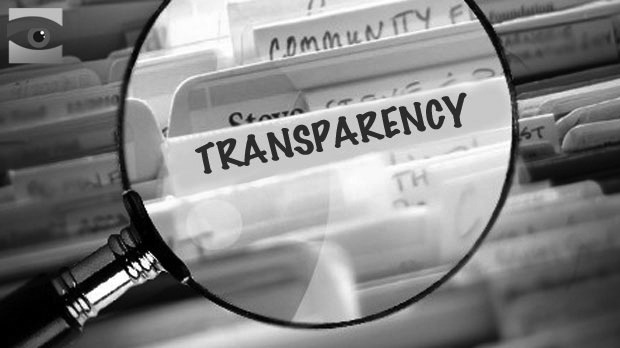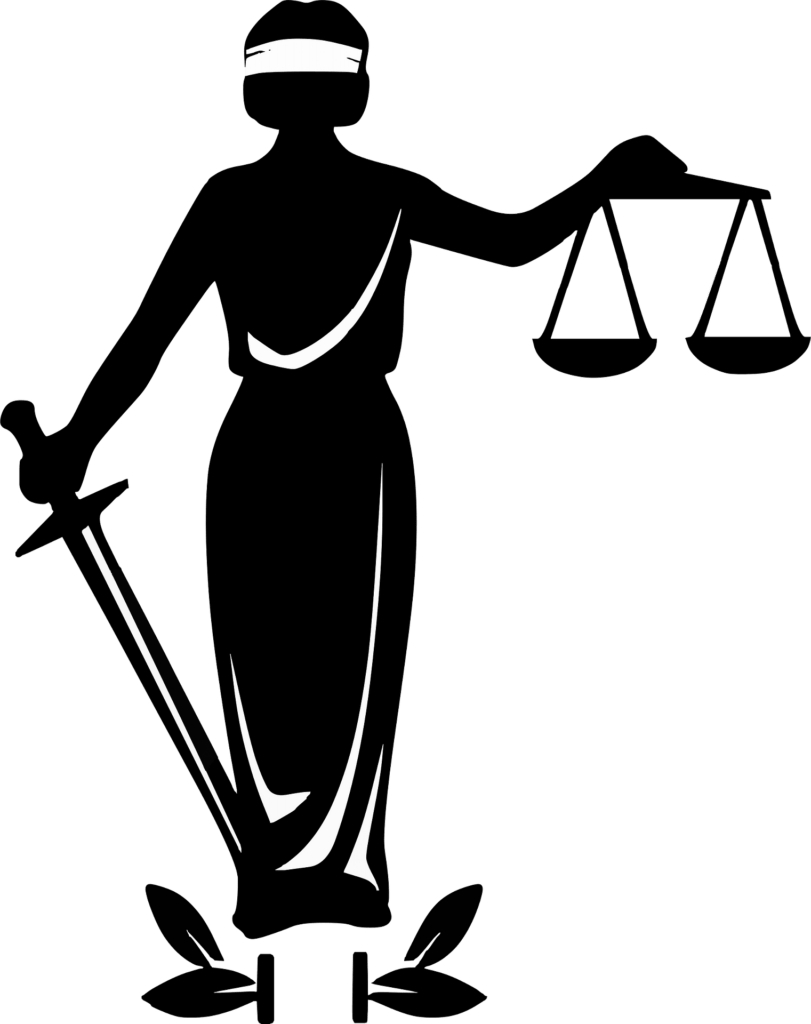
New York’s Freedom of Information Law (FOIL) grants the public the right to access government records, but enforcement is weak or nonexistent. The Committee on Open Government (COOG), which oversees FOIL and the Open Meetings Law (OML), has only advisory powers, meaning it cannot enforce compliance.
As a result, the only way for residents to challenge violations is by filing a costly and time-consuming Article 78 lawsuit—a major barrier to government transparency.
The New York Coalition for Open Government is working to strengthen these laws by drafting legislation and partnering with lawmakers to ensure real enforcement and accountability.

In 2021, we helped pass a law ensuring public access to meeting documents 24 hours in advance, strengthening government transparency.
(Assemblymember Paulin & Kaplan).
In 2021, the New York Coalition for Open Government played a key role in advocating for stronger public access to government records, leading to the passage of A1228A/S1150A, sponsored by Assemblymember Amy Paulin and Senator Anna Kaplan.
Before this law, public bodies could withhold key documents before meetings by citing a vague requirement to release information only “to the extent practicable.” As a result, residents often had no access to important materials before decisions were made.
With the passage of this bill, agencies are now required to post documents online or provide them upon request at least 24 hours before public meetings. This ensures greater transparency, accountability, and public participation in government decision-making.
The Coalition’s research and advocacy helped drive this change, proving that grassroots efforts can lead to real legislative victories for open government in New York!
In 2021, we secured a law requiring public bodies to post meeting minutes online, ensuring greater transparency. Now, New Yorkers can easily access government decisions and hold officials accountable.
(Assemblymember Paulin & Senator Kaplan).

In 2021, the New York Coalition for Open Government successfully pushed for a new law requiring public bodies to post meeting minutes online within two weeks of an open meeting and one week of an executive session.
Previously, the Open Meetings Law (OML) only required agencies to provide minutes upon request, and many local governments failed to post them online. A Coalition study found that 70% of local governments did not post minutes from their last meeting before the next one took place.
With the passage of this law, agencies with websites and internet access must now post meeting minutes online, ensuring greater transparency and accessibility for the public. This major win empowers New Yorkers to stay informed and hold government officials accountable.
📖 Read more about our legislative successes here.
New York has no system to track FOIL compliance, and evidence suggests many agencies fall short. This bill will require agencies to report FOIL data, increasing transparency and accountability.
(Assemblymember McDonald & Senator Hoylman-Sigal).
Currently, no one tracks FOIL requests in New York State, and anecdotal evidence suggests compliance is low. This bill increases transparency by requiring state agencies to log and report FOIL request details, including request dates, outcomes, exemptions cited, and legal disputes. Local governments will initially report only the number of requests received and closed.
Starting in 2027, these reports will be submitted annually to the Committee on Open Government, which will publish them online in a searchable format. The committee will analyze the data, include findings in its annual report, and by 2028, recommend whether local agencies should also submit detailed logs. By collecting and centralizing this data, the bill will provide a clearer picture of government compliance with FOIL, helping to identify delays, denials, and patterns in responses. This is a critical step toward ensuring public access to government records.
Getting attorney fees awarded for a successful Freedom of Information or Open Meetings lawsuit is not easy. Our bill addresses that.
(Assemblymember Steck & Senator Liu).

New York’s attorney fee statute is weaker than those in many other states, making it harder for plaintiffs to recover legal costs after winning transparency-related cases. Unlike states such as California and Florida, where attorney fees are awarded when a party simply “prevails,” New York requires a higher standard of “substantially prevailing.”
This creates legal uncertainty, particularly in Article 78 cases, where plaintiffs challenge government agency decisions. Even if successful, plaintiffs must prove not only that they won but also that the agency lacked a reasonable basis for denying their Freedom of Information Law (FOIL) request—an extra hurdle not required in many states.
Similarly, under the Open Meetings Law, agencies can avoid paying attorney fees if they claim a “reasonable basis” for an improper executive session. Strengthening the law would ensure that when the public wins transparency cases, they aren’t left footing the bill.
New York agencies frequently delay FOIL requests, keeping public records out of reach for months. This bill sets strict deadlines to ensure timely access and prevent unnecessary delays.
(Assemblymember Raga & Senator Skoufis).

Delays in Freedom of Information Law (FOIL) requests are rampant in New York, often leaving the public waiting months—or even years—for government records. This bill sets stricter deadlines to ensure faster responses. Agencies must acknowledge a request within five business days and respond within 30 days. If they need more time, they can extend it to 60 days, but only with a written explanation.
To prevent agencies from stalling, they cannot deny requests just because they are large or time-consuming. If necessary, they must hire outside help to complete them. Agencies must also offer electronic submission and response options, making the process easier for the public.
If an agency misses the deadline, the request is automatically denied, allowing for immediate appeal. By enforcing clear response times, this bill stops excessive delays and strengthens public access to government records. It takes effect on January 1, 2026.
Prevents permanent FOIL exemptions by requiring businesses to reapply for confidentiality every three years. It ensures greater transparency while still protecting sensitive information.
(Assemblymember Rosenthal & Senator Hoylman-Sigal).
Some businesses and organizations submit records to New York State agencies and claim FOIL exemptions to keep those records secret indefinitely. This bill closes that loophole by requiring them to reapply for confidentiality every three years.
Under the new rule, when an entity submits records it wants to keep private, it can request an exemption for up to three years. Before the exemption expires, the entity must apply for an extension, and the agency will review whether the secrecy is still justified. If no request is made, the records become subject to FOIL disclosure.
This bill balances transparency and privacy by preventing outdated or unnecessary confidentiality claims from lasting forever. By regularly reassessing exemptions, it ensures that the public has access to government records while still protecting truly sensitive information.
New York’s Constitution Lacks a Right to Open Government—It’s Time to Change That.
(Assemblymember Steck & Senator May).
Four states—California, Florida, Louisiana, and Montana—have guaranteed open government in their state constitutions. New York has passed constitutional amendments on environmental rights and equality, and it’s time to do the same for government transparency.
Assemblymember Phil Steck and Senator Rachel May have introduced A4429/S01063, a simple but powerful amendment:
“The right to public information, being a necessary and vital part of democracy and public deliberation, shall be a fundamental right of the people. The right of the people to inspect and/or copy records of government, and to be provided notice of and attend public meetings of government, shall not be unreasonably restricted.”
As legislatures across the country attempt to weaken public access to information, New York must take action to protect transparency for future generations.
Requires public bodies to live stream their meetings and public hearings so that the public can watch meetings live from their phone or computer. Requires that the video recording be posted online within five business days and that it remains posted for five years.
(Assemblymember Paulin)

New York’s Open Meetings Law (OML) does not require all public bodies to broadcast their meetings, even though virtual access benefits older adults, parents, people with disabilities, and others.
Currently, some state agencies and authorities must stream meetings only if practical and within budget—a weak requirement with no enforcement. As a result, many municipalities that have the ability to stream meetings simply choose not to.
This must change. Everyone deserves access to government meetings, whether they can attend in person or not. Stronger laws and enforcement will ensure transparency, accountability, and public participation.
📖 Read the Live Streaming Report by the New York Coalition for Open Government to learn more.
Currently, if your Freedom of Information Law request or Open Meetings Law issue is ignored or denied, your only recourse is to sue. We have drafted a bill that would provide independent hearing officers to hear such cases.
New York’s Open Meetings Law (OML) and Freedom of Information Law (FOIL) lack any enforcement mechanism—there is no independent body to ensure compliance, and violators face no fines or penalties. Unlike other states, where agencies can be fined or held accountable for restricting public access, the only option in New York is for individuals to hire an attorney and file an Article 78 lawsuit, which can be expensive and time-consuming.
A proven solution already exists. In 1982, New York created the Small Claims Assessment Review (SCAR) system to help homeowners challenge property tax assessments without needing a lawyer. For a $30 filing fee, applicants have their case reviewed by a hearing officer—an attorney, realtor, or real estate expert—who issues a decision. In 2020 alone, 102,000 cases were resolved through this system.
This same model can and should be used for FOIL and OML appeals. Assemblymember Rosenthal’s bill (A07933)proposes creating a hearing officer system to handle public access disputes quickly and affordably. A Senate sponsor is needed to move this forward. New Yorkers deserve a system that holds agencies accountable and protects open government.
Many people are shocked to learn that in New York State they do not have a right to speak at their town board, city council or county legislature meetings. The right to be heard, which is a fundamental democratic right should be required by law.
Many New Yorkers are shocked to learn they have no legal right to speak at town board, city council, or county legislature meetings. New York’s Open Meetings Law (OML) does not require a public comment period, meaning local governments can choose to silence residents. While many allow public input, 177 towns in New York do not, as documented in a recent report by the New York Coalition for Open Government.
At least 13 states, including California, New Jersey, and Pennsylvania, mandate public comment periods at meetings. New York should do the same. The right to be heard is a fundamental democratic principle, and it must be protected by law.
Assemblymember Woerner has expressed interest in sponsoring legislation to ensure every New Yorker has a voice in their government. It’s time to take action.
This bill mandates annual training for various local public officers in New York, including clerks, attorneys, and designated records access officers, on Open Meetings Law and Freedom of Information Law, aligning with requirements in other states for elected officials.
Currently, many public officials lack proper training, leading to delays, denials, and violations that limit government transparency.
This bill mandates annual training for local public officers in New York, including clerks, attorneys, and records access officers, on Open Meetings Law (OML) and Freedom of Information Law (FOIL). Other states require elected officials to complete open government training, and New York should do the same.
By ensuring officials understand FOIL and OML requirements, this bill improves compliance, reduces legal disputes, and strengthens public access to government records and meetings. Transparency starts with knowledge—let’s make it a requirement.